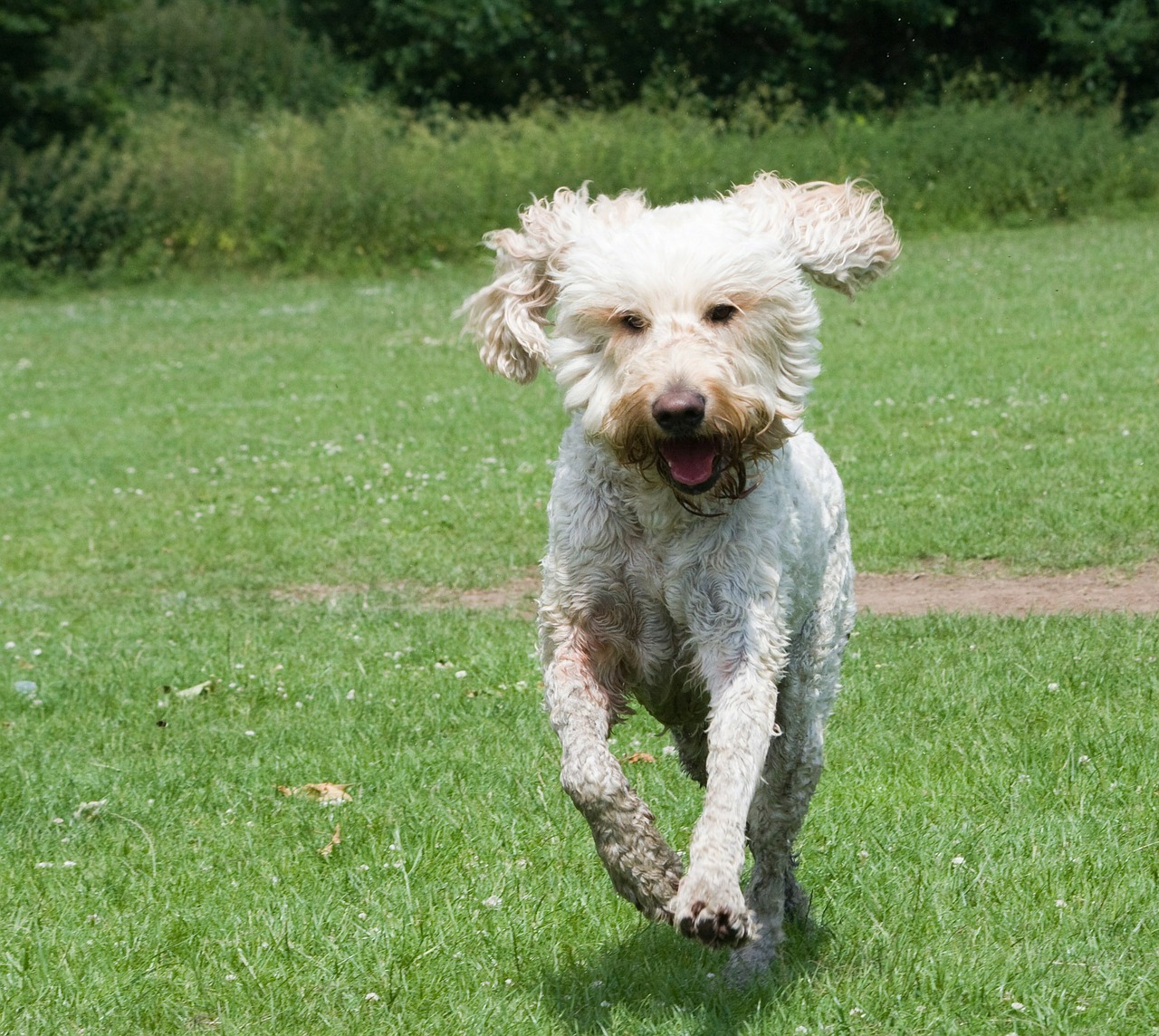
15 years is, really, a long time for a small dog to live. I was seven when we got her, and so she’d been around for most of my life. When I was younger I’d thrilled to running around the park with her; in recent years, however, worsening health meant that she started refusing to be walked, preferring to curl up on her chair, fairly oblivious to my affectionate efforts at petting her. Furthermore, with college taking up most of the day, I might only see her briefly in the morning when I let her out, and then later on when I’d come home, and she’d be sleepy anyway. Both my sister and I spent time studying abroad at different points in our college careers; a friend of hers knowingly compared Joey’s lack of enthusiasm at our respective returns to a kind of Argos-in-reverse, where Odysseus’s ancient hound is the only one in Ithaca not to recognise the returning hero of the Odyssey.
Good-natured until the end
However, all of this might give an unfavourable impression of a dog who was always pleasant and good-natured in temperament. While she definitely underwent a change in character in the last five or so years of her life, it was always good to open the front door to Joey’s tail wagging softly, with her gently standing on her hind legs, reaching up to your knees to greet you.
Heart problems plagued her from the age of thirteen or so, which was when the steady descent into old age became most apparent. It is difficult to convey what a sprightly dog she’d been up to the age of ten or so, and even then it took a while to notice any real difference in movement and behaviour. In a way, it’s remarkable that she lasted as long as she did with heart disease, but it was kidney failure, in the end, that did for her. She’d gone very quickly from being slightly doddery on her feet and more reserved in nature to visibly emaciated and unwell. The vet said there was nothing else to be done.
Joey’s dying movement was to wag her tail, weakly.
I hadn’t even planned on being there, initially. We were told on a Wednesday morning, so I thought that I could take my leave of the old dog that night, without thinking too much about what would be happening to her the following day. Then the vet called again to say that that wasn’t a good idea, and that we really should do it sooner rather than later to ease the poor animal’s suffering. It hit home then that I was being selfish, and that it would be too easy to let my parents handle it all invisibly. So I left the library early, and we all went to the clinic together that evening.
Watching an animal be put down is curious—it’s all controlled, calm and humane, but you still get a very definite sense of a life being extinguished. Joey, curled up on the surgery counter, started to wilt a minute or so after the first, tranquillising injection. The vet explained that there’d be an interval of five or so minutes between the first and second doses, and that the second, fatal injection could provoke violent spasms in some dogs. What happened was even more heart-wrenching to see, though fitting, even so: Joey’s dying movement was to wag her tail, weakly.
Last remnant of childhood
The death of a beloved family pet, upsetting as it may be, must surely pale in comparison to other, more serious ordeals that people go through. I count myself accordingly fortunate in never having suffered from mental health problems, or losing an immediate family member, or undergoing any of the infinite number of traumatic things that happen to people. Nevertheless, that night in the vet’s affected me more than I thought it would, which was, at the time, difficult to admit. I kept going over how long we’d had Joey, how young I was when we got her, and how used you get to a dog’s presence at home. Two weeks later, I still do a double-take at not seeing her on her old chair.
In the context of a creature’s death, words from St Paul’s First Epistle to the Corinthians—with his call ‘to put away childish things’—appear harsh. That said, Joey dying seemed like the last remnant of childhood definitively being laid to rest. Granted, I wasn’t a child, as such, for much of her life. It would not be accurate to say, either, that my dog’s death has brought a forcible end to some kind of prolonged infancy, or arrested development. Rather, I’d prefer to echo the words of the novelist John Galsworthy, who noted that “not the least hard thing to bear when they go from us, these quiet friends, is that they carry away with them so many years of our own lives.” Happy years, admittedly, but years nonetheless.






